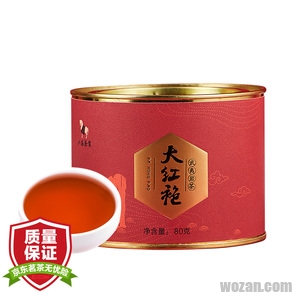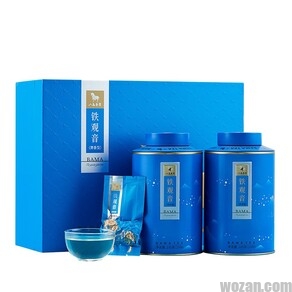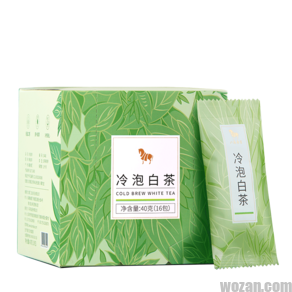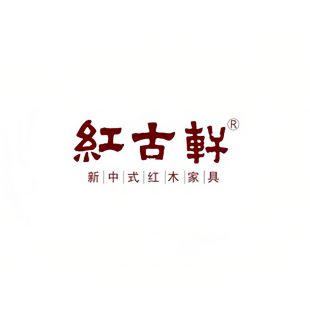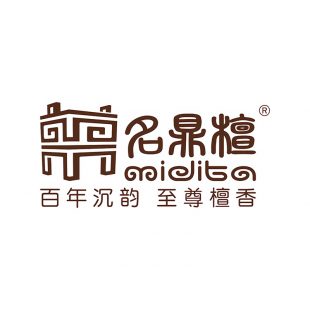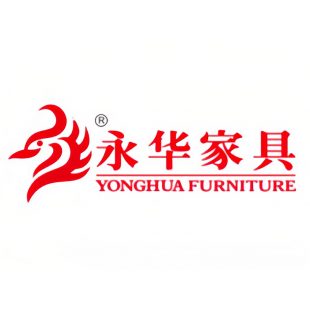BAMA
八马茶业
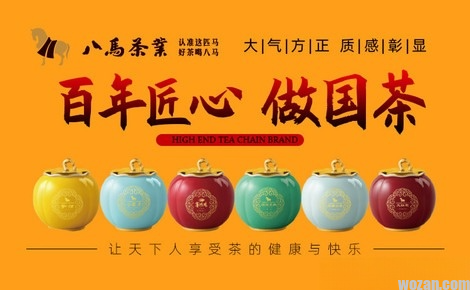
Founded in 1736, an upscale tea chain brand, the company integrates tea cultivation, new product research and development, production, and sales into a comprehensive tea enterprise. The Saizhenzhu Iron Goddess of Mercy series is renowned.
BAMA Tea Industry is a high-end tea chain brand in China. The company’s chairman, Wang Wenli, is a representative inheritor of the “Intangible Cultural Heritage” Anxi Tie Guan Yin tea production craftsmanship. With the mission of promoting Chinese tea culture and allowing people around the world to enjoy the health and happiness of tea, the company provides consumers with high-quality products and service experiences. As of December 31, 2020, there are over 2,000 stores in China.
In the first year of the Qing Dynasty Qianlong era (1736), Wang Shirang, an ancestor of the BAMA family, encountered a unique tea tree in an abandoned garden during a gathering with friends. He carefully transplanted it to his study garden and developed tea techniques such as shaking, frying, and rolling. He selected the finest leaves from numerous options and crafted them into tea. In 1742, Wang was summoned to the capital where he presented the tea to the imperial court. Emperor Qianlong praised its taste, fragrance, color, and likened its appearance to iron and beauty to the Goddess of Mercy. He named it “Tie Guan Yin” (Iron Goddess of Mercy) and designated it as tribute tea. Thus, its reputation spread among the people.
The Wang family upholds integrity and has been dedicated to tea production and sales for centuries. They have three major brands: Xin Ji Tea House (renamed “BAMA Tea Industry”), Xin Ji Hao, and Wang Xin Ji. During the Xianfeng period of the Qing Dynasty (around 1856), the family established “Xin Ji Tea House” (based on honesty and integrity) and remained focused on tea production and sales. During the late Qing and early Republic period, the ninth generation of the Wang family moved to Yunnan, Fujian’s Chong’an (now known as Wuyishan), and Anxi. They engaged in tea cultivation, factory establishment, real estate, and commerce.
The branch of the Wang family in Anxi, which remained there, continued the “Xin Ji Tea House,” later renamed “BAMA Tea Industry.” The branch that went to Yunnan established “Xin Ji Hao,” specializing in Pu’er tea, which has been passed down to this day. The branch that went to Wuyishan established “Wang Xin Ji,” specializing in Wuyi tea, which has also been passed down. In 1997, BAMA Tea Industry was officially registered.
Over four centuries, the tea once offered as tribute has transformed into a high-end tea chain brand in China. BAMA Tea Industry is on the path towards the comprehensive development of all types of tea and channels, dedicated to a century of craftsmanship in Chinese tea, and providing people worldwide with the health and happiness of tea.
Best-selling Products from the BAMA Brand:
